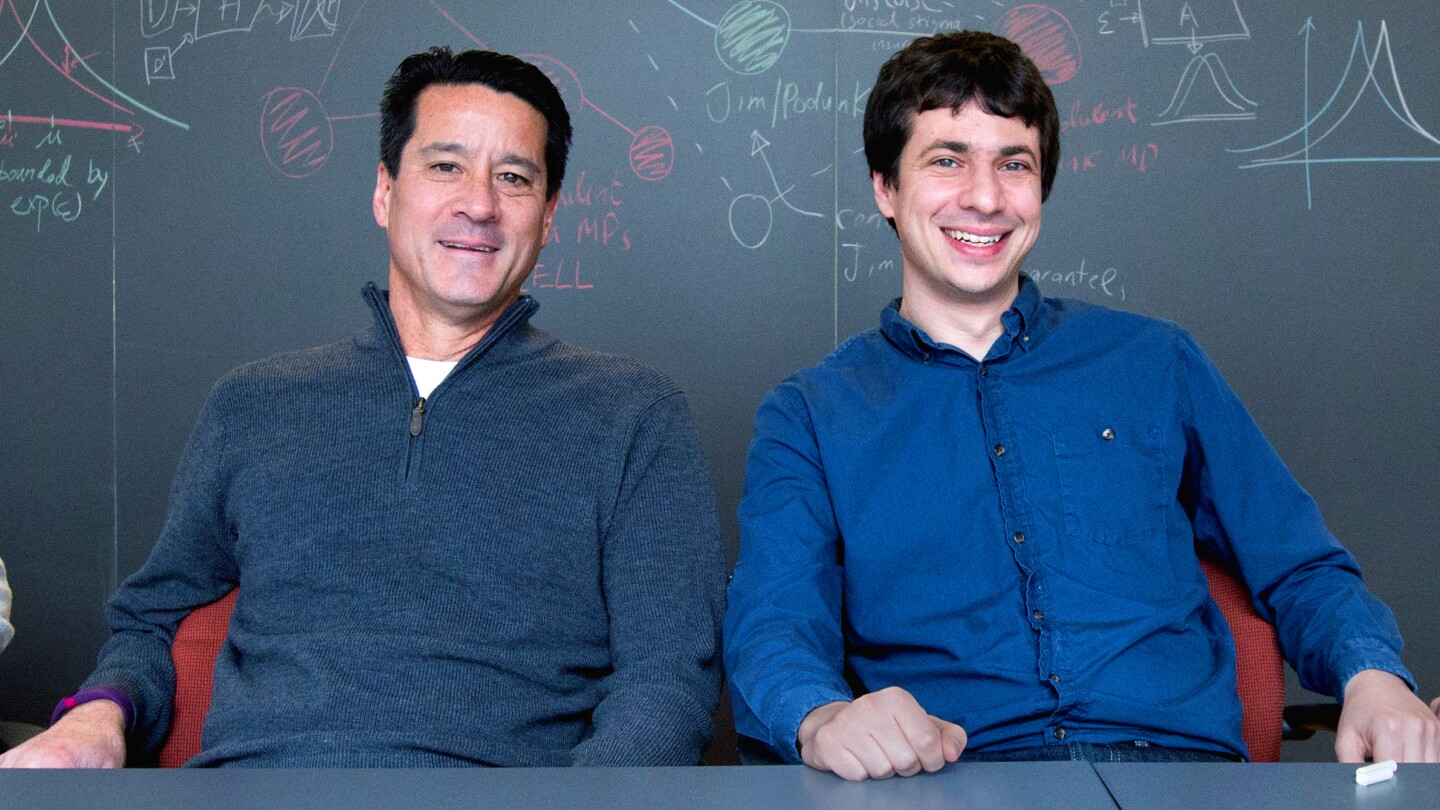Random assignment of patients to experimental treatments is intended to allow statisticians to cleanly measure the effect of the treatments. But if there is evidence that some patients might profit more from some treatment than others, fully random assignment may not maximize health outcomes. And if patients have preferences (e.g. for the risk of receiving a problematic kidney for transplant versus the risk of waiting for a better one), then fully random assignment may not maximize welfare. Yusuke Narita thinks about how to design RCTs that elicit patient preferences and take account of prior's about outcomes, while still allowing the necessary statistical tests to determine treatment effects.
Incorporating ethics and welfare into randomized experiments by Yusuke Narita
PNAS January 5, 2021 118 (1) e2008740118; https://doi.org/10.1073/pnas.2008740118
Edited by Parag Pathak, Massachusetts Institute of Technology, Cambridge, MA, and accepted by Editorial Board Member Paul R. Milgrom September 30, 2020
"Abstract: Randomized controlled trials (RCTs) enroll hundreds of millions of subjects and involve many human lives. To improve subjects’ welfare, I propose a design of RCTs that I call Experiment-as-Market (EXAM). EXAM produces a welfare-maximizing allocation of treatment-assignment probabilities, is almost incentive-compatible for preference elicitation, and unbiasedly estimates any causal effect estimable with standard RCTs. I quantify these properties by applying EXAM to a water-cleaning experiment in Kenya. In this empirical setting, compared to standard RCTs, EXAM improves subjects’ predicted well-being while reaching similar treatment-effect estimates with similar precision.
...
"RCTs involve large numbers of participants. Between 2007 and 2017, over 360 million patients and 22 million individuals participated in registered clinical trials and social RCTs, respectively. Moreover, these experiments often randomize high-stakes treatments. For instance, in a glioblastoma therapy trial (1), the 5-y death rate of glioblastoma patients was 97% in the control group, but only 88% in the treatment group. In expectation, therefore, the lives of up to 9% of the study’s 573 participants depended on who received treatments. Social RCTs also often randomize critical treatments such as basic income, high-wage job offers, and HIV testing.
"RCTs, thus, influence the fate of many people around the world, raising a widely recognized ethical concern with the randomness of RCT treatment assignment: “How can a physician committed to doing what he thinks is best for each patient tell a woman with breast cancer that he is choosing her treatment by something like a coin toss? How can he give up the option to make changes in treatment according to the patient’s responses?”
...
"I propose an experimental design that I call Experiment-as-Market (EXAM). I choose this name because EXAM is an experiment based on an imaginary centralized market and its competitive equilibrium (12, 13). EXAM first endows each subject with a common artificial budget and lets her use the budget to purchase the most preferred (highest WTP) bundle of treatment-assignment probabilities given their prices. The prices are personalized so that each treatment is cheaper for subjects with better predicted effects of the treatment. EXAM computes its treatment-assignment probabilities as what subjects demand at market-clearing prices, where subjects’ aggregate demand for each treatment is balanced with its supply or capacity (assumed to be exogenously given). EXAM, finally, requires every subject to be assigned to every treatment with a positive probability.
"This virtual-market construction gives EXAM nice welfare and incentive properties. EXAM is Pareto optimal, in that no other design makes every subject better off in terms of expected predicted effects of and WTP for the assigned treatment. EXAM also allows the experimenter to elicit WTP in an asymptotically incentive-compatible way. That is, when the experimenter asks subjects to self-report their WTP for each treatment to be used by EXAM, every subject’s optimal choice is to report her true WTP, at least for large experiments.
"Importantly, EXAM also allows the experimenter to estimate the same treatment effects as standard RCTs do. Intuitively, this is because EXAM is an experiment stratified on observable predicted effects and WTP, in which the experimenter observes each subject’s assignment probabilities (propensity scores). As a result, EXAM’s treatment assignment is random (independent from anything else), conditional on the observables. The conditionally independent treatment assignment allows the experimenter to unbiasedly estimate the average treatment effects (ATEs) conditional on observables. By integrating such conditional effects, EXAM can unbiasedly estimate the (unconditional) ATE and other effects, as is the case with any stratified experiment (14)."
**********
somewhat related post:




